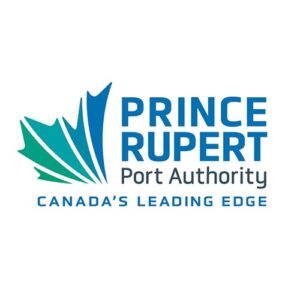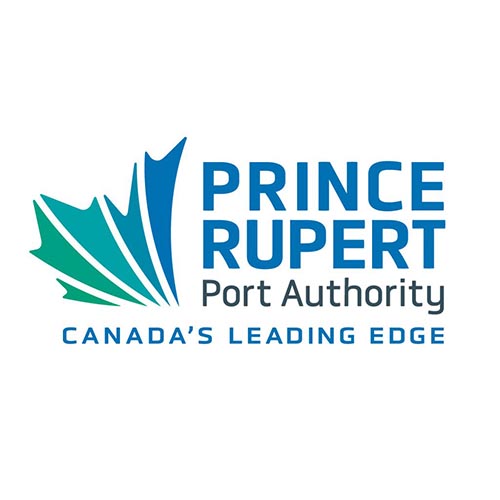
Construction has begun on the $750 million Ridley Island Export Logistics Project (RIELP), which seeks to expand the Port of Prince Rupert’s rail-to-container exports transloading and extend Canadian exports to Asia Pacific markets, the Prince Rupert Port Authority announced Oct. 19.
The project calls for a 108-acre greenfield development on Ridley Island that’s expected to start operating in the third quarter of 2026.
Ray-Mont Logistics, which currently runs a multi-product transload facility at a temporary Ridley Island site, plans to develop and run facilities offering transloading service capacity of 400,000 TEUs for agricultural, forestry and plastic resin goods, according to the port authority.
“The development of this innovative project and its introduction of large-scale export logistics capabilities at the port will fundamentally improve competitiveness for Canadian exporters and marks the opening of a new chapter of Prince Rupert intermodal growth,” Port Authority President and CEO Shaun Stevenson said.
The project also involves expanding the Ridley Island Road Rail Utility Corridor, which is expected to facilitate 10,000-foot-long unit trains with direct connections from CN’s rail network. The transload facilities would be able to link to Fairview Container Terminal with direct private road access via the 5-kilometer Fairview-Ridley Connector Corridor.
The project also advances Canada’s efforts to decarbonize the export supply chain, with its fully electrified transload facilities, rail optimization and limited truck trips.
“Ray-Mont is committed to developing and expanding our successful export transload business in Prince Rupert and believes that RIELP represents an ideal platform to significantly increase the scale, efficiency and level of service to our existing and future customers,” Ray-Mont Logistics President and CEO Charles Raymond said.
RIELP, he added, would be unique in North America in terms of its ability to simultaneously handle multiple unit trains of varying commodities and significantly decarbonize the logistics chain.

